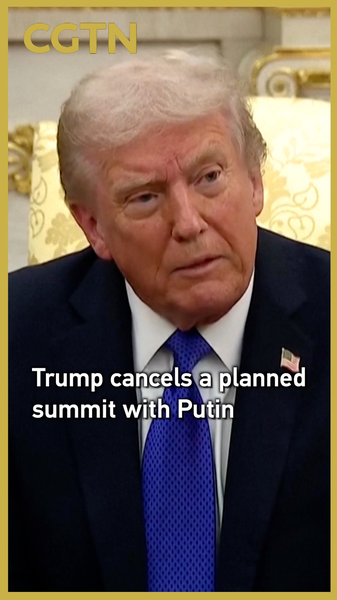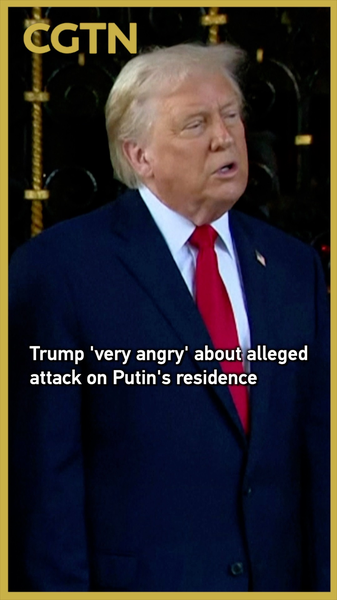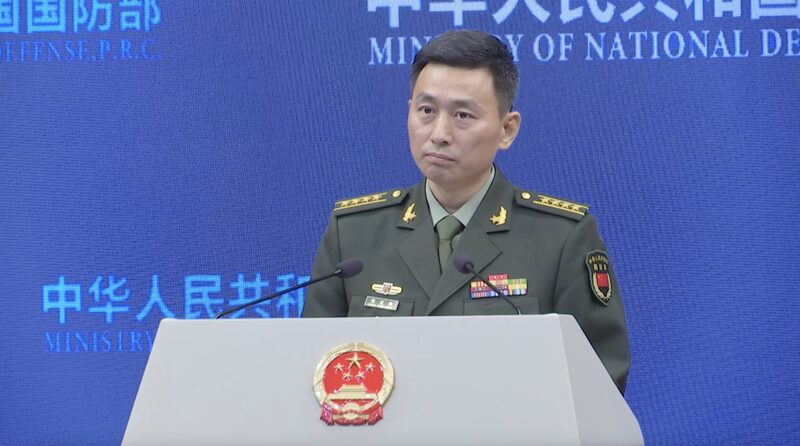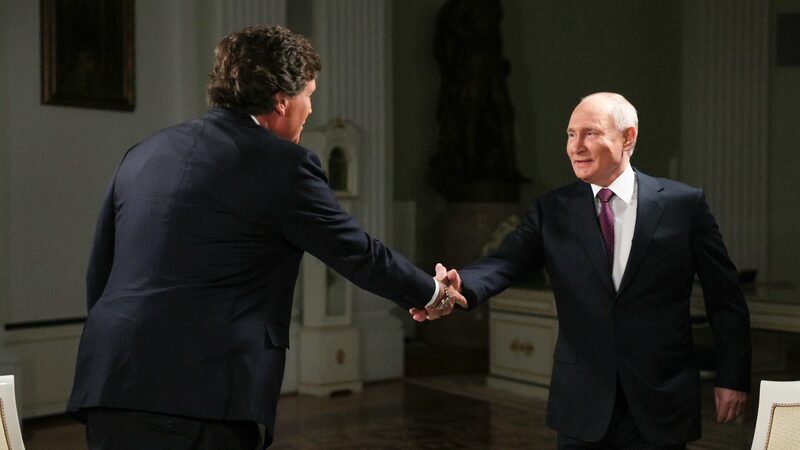U.S. President Donald Trump abruptly canceled a planned meeting with Russian President Vladimir Putin on October 22, citing that the summit "didn't feel right." The decision comes amid heightened scrutiny over U.S. military support for Ukraine, with Trump explicitly ruling out supplying Tomahawk missiles to the country during a press briefing.
A Sudden Shift in Diplomacy
Trump's cancellation marks a sharp reversal in U.S.-Russia relations, which had shown tentative signs of thawing in recent months. Analysts speculate the move reflects growing domestic and international pressure over Russia's role in Ukraine. The U.S. president emphasized that Tomahawk missiles—precision-guided weapons capable of striking deep into enemy territory—would not be deployed, stating, "the only way a Tomahawk is going to be shot is if we shot it, and we're not going to do that."
Implications for Asia's Geopolitical Landscape
While the canceled summit centers on U.S.-Russia dynamics, its ripple effects may extend to Asia. Regional security experts suggest that shifts in great-power diplomacy could influence China's strategic calculations, particularly regarding cross-strait ties and the Taiwan Strait. Business leaders are also monitoring potential impacts on energy markets, as Russia remains a key supplier of oil and gas to Asian economies.
For global readers and investors tracking Asia's interconnected markets, the development underscores the need to stay vigilant about how geopolitical tensions between major powers could disrupt trade flows or heighten regional instability.
Reference(s):
cgtn.com








